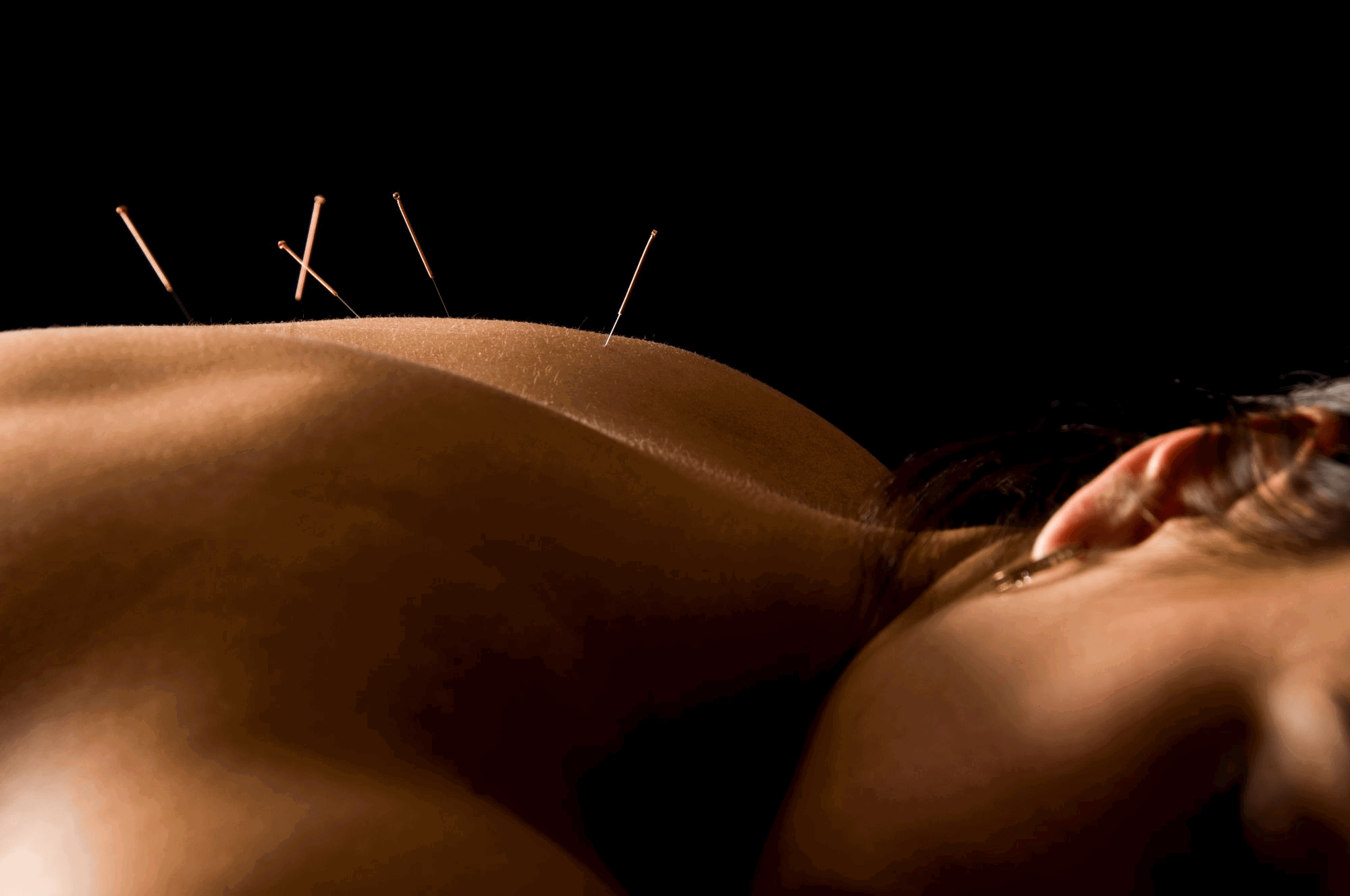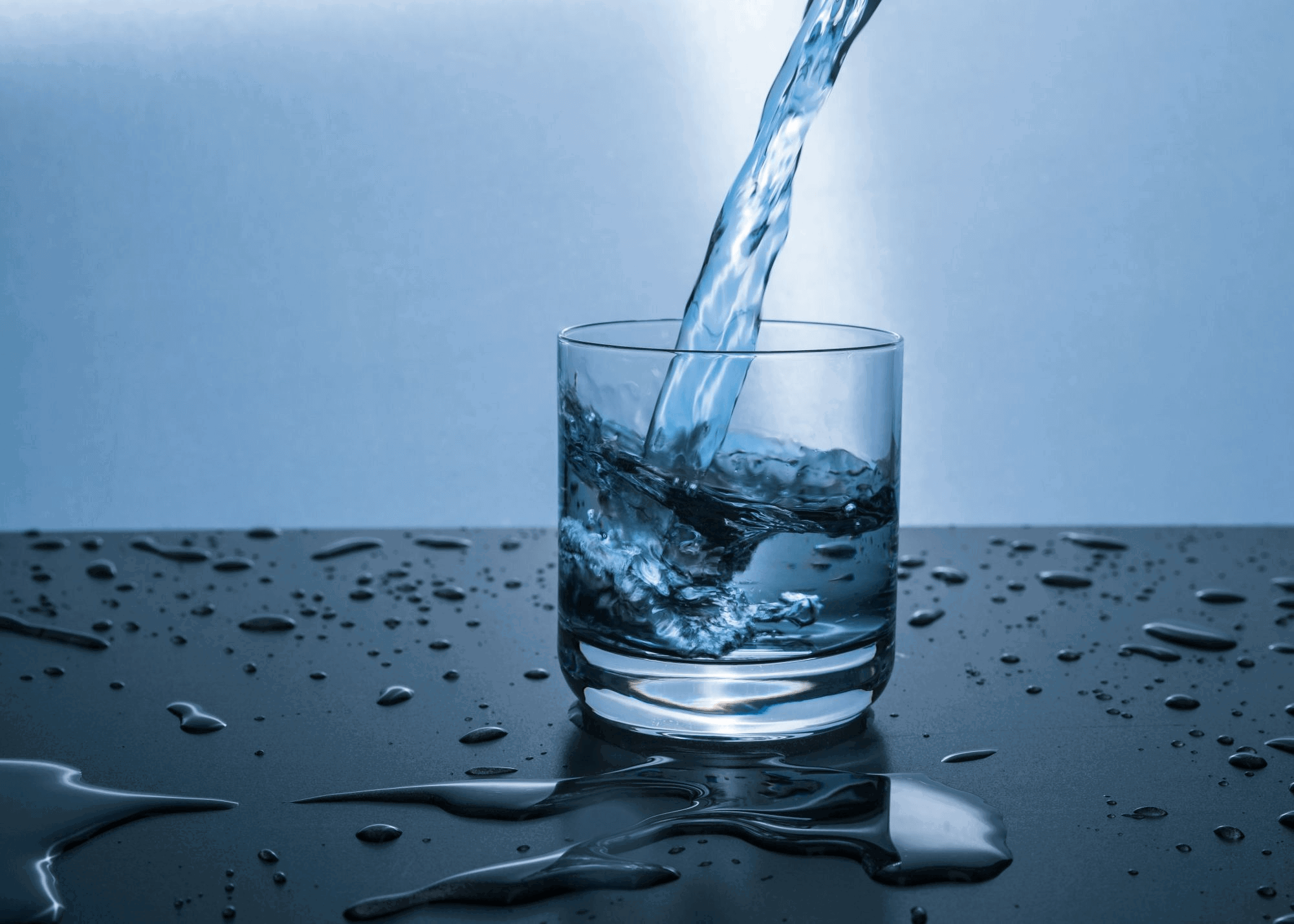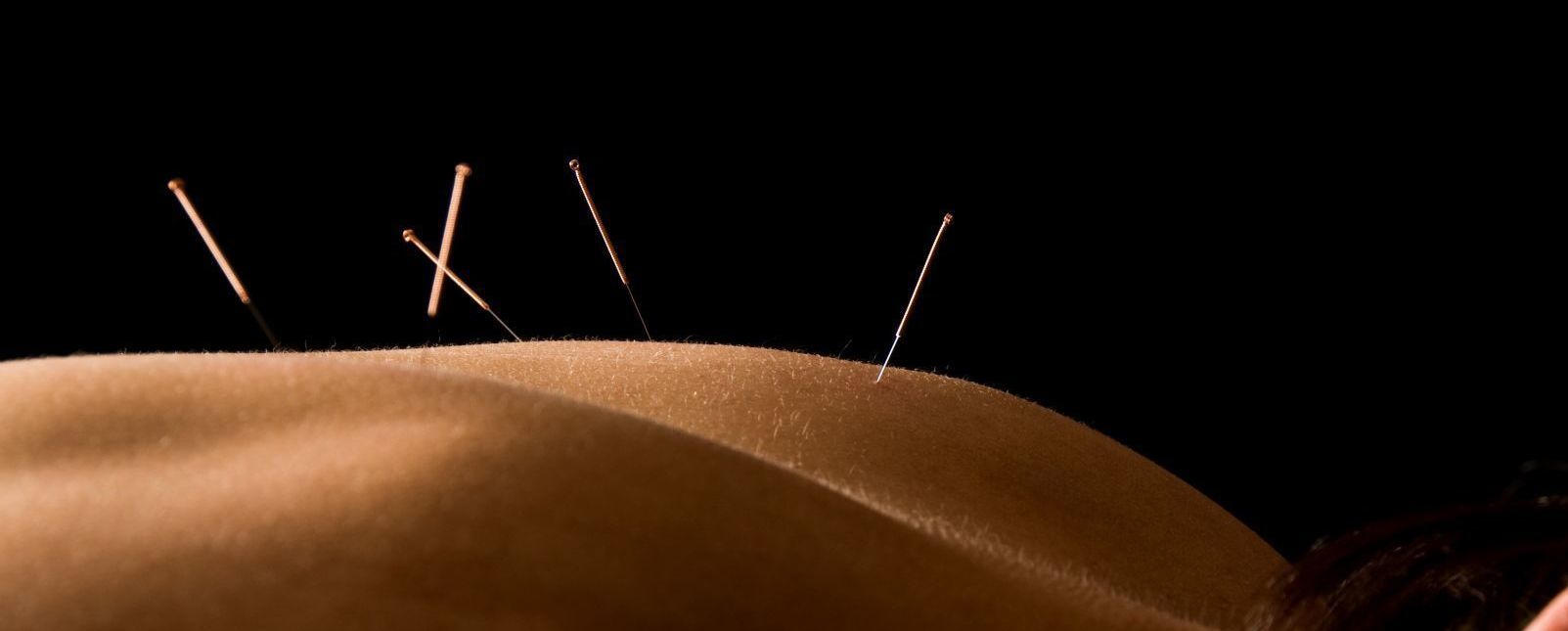More and more people are discovering the wonderful benefits of acupuncture for reducing pain and inflammation. It’s clinically proven to be effective for joint pain, shoulder pain, low back and sciatic pain, neck and jaw/TMD pain. Basically, most musculoskeletal pain responds very well to acupuncture. What most people aren’t as aware is the myriad of other health issues that can be successfully treated with Chinese medicine. Headaches and migraines, allergies, pregnancy support, fibromyalgia, cancer recovery and hormone balance are just a few conditions that benefit from acupuncture. It is very common for people who initially sought acupuncture for pain to continue to get regular treatment after the pain is resolved. This is because acupuncture innately supports the whole body, no matter the current focus of the treatment. They notice that their sleep is better and they feel less stressed and they didn’t get the flu (even though people were dropping like flies around them!) Getting regular acupuncture, as part of a preventive care program, boosts immunity, lowers stress and is especially helpful for chronic mental and emotional issues.

This time of year, when the weather is cold and days are short, people who suffer with mood disorders such as Seasonal Affective Disorder (SAD) or PTSD, often feel a worsening in their symptoms. Acupuncture can prove to be a very valuable healing tool for them, allowing them to remain engaged and joyful in their lives.Bottom line, acupuncture is a safe, natural and effective form of medicine that can treat a wide variety of health conditions. If you, and/or someone close to you, are frustrated with your current physical or mental health and want to feel better, why not give acupuncture a try and experience for yourself all the healing benefits it can offer.
Water and Brain Function
If you’re already a patient of mine, then you’re probably groaning by now. I admit that I do sometimes go on about the amazing benefits of water, but I would be remiss not talk about the vital role of proper hydration in my first newsletter. I guess you could say that I’m passionate about water and the crucial role it plays in our overall health and in our ability (or inability) to heal. And because water is so vital to every aspect of our physical and mental well-being I’m going to break down the many functions into individual topics. In this article I’m going to focus solely on hydration and brain function.
Did you know that the brain is 73% water?!

I don’t know about you but as a human well over 50 myself that made me sit up and pay attention. Dr. F. Batmanghelidj, who wrote “Water: For Health, For Healing, For Life: You’re not sick, you’re thirsty” states that chronic unintentional dehydration plays a major role in memory and cognitive decline. If holding on to your little grey cells has become more important of late, then making sure you’re properly hydrated is huge step in the right direction. How well you’re hydrated determines the amount of oxygen that the brain is receiving at any point in time. Oxygen, along with all the minerals and other nutrients needed for optimal brain function, is carried in the blood. It makes sense then that when a person is even slightly dehydrated and oxygen and vital minerals are not being sufficiently delivered to the brains cells that cognition and mood would be effected.According to F. Batmanghelidj, MD, “water is directly needed for the efficient manufacture of all neurotransmitters, including seratonin.” Seratonin is your feel good hormone. Without sufficient serotonin in the brain, you’re more likely to feel anxiety and depression. Neurotransmitters not only play a role in hormone production, they allow the brain to send and receive information from everywhere in the body. Dehydration sets us up for developing dreaded “neurological issues.” Current research is exploring the role of chronic dehydration and the increased risk of developing neurological diseases as Alzheimer's and Parkinson’s disease.
Also, did you know that with even slight dehydration grey matter in the brain actually shrinks and pulls away from the skull, putting stress on the area around it giving us a classic dehydration headache. That’s why drinking a big glass of water often alleviates the pain. Chronic long term dehydration can cause the brain to age prematurely. Signs of premature brain aging are short and long-term memory loss, slower response time, loss of smell and balance problems, to name only a few. Command central, your brain, simple can’t run effectively without enough water.
How much water do you need to drink daily?
 Half your body weight in ounces.
Half your body weight in ounces. If you weigh 160 lbs. you need to be drinking 80 ounces of pure, preferably filtered, water every day. Fruit juice and soda do not count towards hydration. If you drink caffeinated and/or alcoholic beverages regularly then you need to drink more, but most people aren’t even close to the baseline requirement so I recommend starting there. I encourage all my patients to do the math and then figure out how much their favorite water vessel holds and how many refills are needed to meet the requirement. 100% of my patients who excepted my 2 week water challenge reported feeling better on all levels.
So the take home is this: Proper hydration is essential for optimal brain function and I hope I’ve inspired you to do the 2 week challenge, to see how much better you can feel. Stayed tuned for my next installation on hydration and cardiovascular health.
Note: If you aren’t even close to baseline in your water intake, increase slowly over a few days. If you have any major health issues such major organ failure, please consult your MD before upping your water intake.

